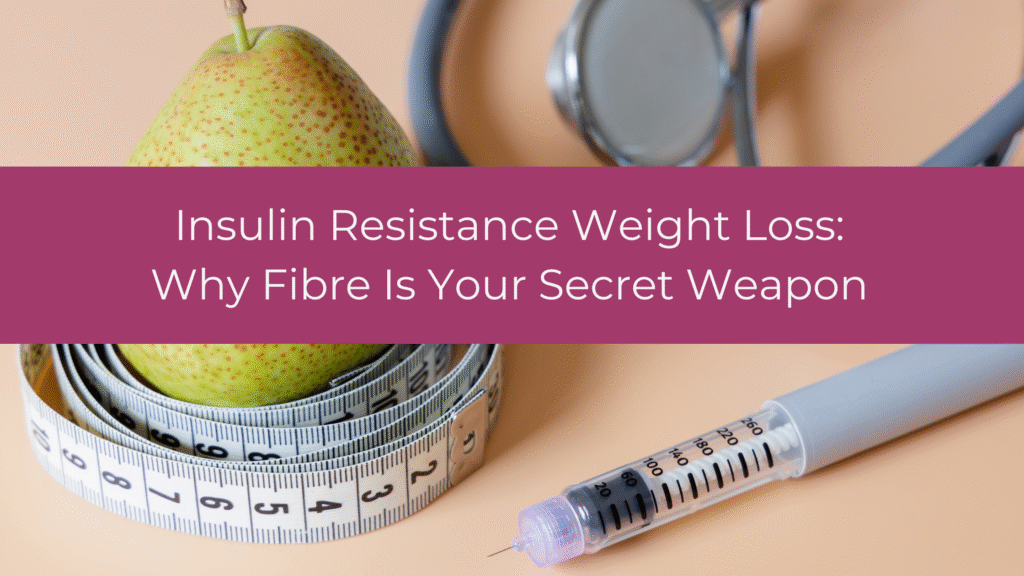Why Am I So Tired All the Time?
5 Blood Sugar Mistakes Draining Your Energy
Eight hours of sleep have passed. Instagram scrolling? Check. Those trendy vitamins? Consumed. Yet by 11am, you’re already fantasising about crawling back into bed, and by 3pm, a nap sounds like heaven.
Sound familiar?
If you constantly wonder, “Why am I so tired all the time?” rest assured, you’re not alone, and you’re certainly not lazy. During my yacht crew days, mornings were a struggle. Despite sleeping through my alarm, multiple coffees became my lifeline, and afternoon crashes were so intense that sugar seemed like the only solution.
Here’s the truth I’ve uncovered: your exhaustion isn’t about sleep duration, but about your blood sugar’s intricate dance.
The Blood Sugar Rollercoaster
Surprisingly, your constant fatigue stems not from willpower or sleep quality, but from a complex blood sugar rollercoaster. Research reveals blood sugar’s profound impact on energy is far more nuanced than most realise.
Every meal triggers a blood sugar rise, with insulin working to bring levels down. However, consuming the wrong foods at incorrect times can cause dramatic spikes and crashes, effectively hijacking your energy reserves.
For women, this process becomes even more intricate. Hormones like oestrogen, progesterone, and cortisol significantly influence blood sugar regulation. Consequently, menstrual cycle phases can naturally increase insulin resistance, creating a perfect storm of fatigue when combined with stress and irregular eating patterns.
Moreover, the most frustrating aspect? Many “healthy” habits are actually exacerbating the problem.
Mistake 1: Skipping Breakfast
Mornings typically involve one of two scenarios: either skipping breakfast entirely or grabbing a quick carbohydrate-laden option while rushing out the door.
Here’s what’s physiologically happening: Your morning cortisol levels surge naturally, designed to kickstart your day. However, without protein and fat within the first hour of waking, your blood sugar remains low whilst stress hormones remain elevated, signalling your body is under threat.
Mistake 2: Extended Meal Gaps
Busy professionals often push through meetings, neglecting nutrition. Intermittent fasting might seem trendy, but for many, it’s a metabolic minefield.
Notably, when you extend meal intervals beyond 4-5 hours, your blood sugar plummets. In response, your body releases cortisol and adrenaline, creating a temporary energy illusion followed by an inevitable crash.
Mistake 3: The Caffeine-Sugar Cycle
A typical day might look like this: coffee at dawn, biscuits mid-morning, another coffee post-lunch, afternoon chocolate, evening wine. Essentially, you’re not fuelling, you’re riding an exhausting metabolic rollercoaster.
Caffeine on an empty stomach provides a deceptive energy boost by spiking cortisol and blood sugar. Inevitably, this false energy dissipates, leaving you more depleted than before.
Mistake 4: “Healthy” Blood Sugar Disruptors
Fruit smoothies, granola, low-fat flavoured yoghurt, fruit juice, these seemingly nutritious options are often sugar bombs in disguise. Insulin resistance research demonstrates how these foods can dramatically undermine your energy levels.
What appears healthy might actually be sending your blood sugar on a wild, energy-draining ride.
Mistake 5: Carbohydrate Imbalance
Pasta without protein. A jacket potato lacking accompaniments. Cereal as a standalone meal. These carbohydrate-only options create rapid blood sugar spikes followed by equally swift crashes.
Particularly during the luteal phase of your menstrual cycle, this carbohydrate approach can leave you feeling utterly depleted.
Beyond Traditional Sleep Advice
Conventional wisdom suggests more sleep, increased hydration, and stress reduction. While valuable, these strategies fall short if your blood sugar remains unstable.
Unstable blood sugar disrupts sleep quality, stress hormone regulation, and daily energy levels. Even eight hours of sleep can feel insufficient when nocturnal blood sugar fluctuations trigger cortisol releases, preventing deep, restorative rest.
Your Path to Sustained Energy
Transform your approach: prioritise protein with breakfast, eat balanced meals every 3-4 hours, time caffeine strategically, and adjust carbohydrate intake according to your menstrual cycle.
Your 7-Day Blood Sugar Reset
Day 1-2: Protein-rich breakfast within 60 minutes of waking.
Day 3-4: Introduce balanced snacks every few hours.
Day 5-6: Replace one “healthy” blood sugar disruptor.
Day 7: Reflect on your energy patterns and insights.
Ready to Transform Your Energy?
Wondering where to begin? My free 30-minute energy reset consultation will help you craft a personalised blood sugar plan that seamlessly integrates with your lifestyle.
You deserve more than survival, you deserve to thrive, wake up energised, and conquer your day with vitality.
Disclaimer: This article is for informational purposes only and is not intended as medical advice. Always consult with a healthcare professional before making significant changes to your diet or health routine.

Blog: Insulin Resistance Weight Loss: Why Fibre Is Your Secret Weapon

Blog: Boost GLP-1 Naturally: The Science of Fibre Without Ozempic

Blog: Fibermaxxing for Women: The Natural Ozempic Alternative

Blog: What Your Period Is Trying to Tell You About Your Health

Blog: How to Stop PMS Ruining Your Life Every Month

